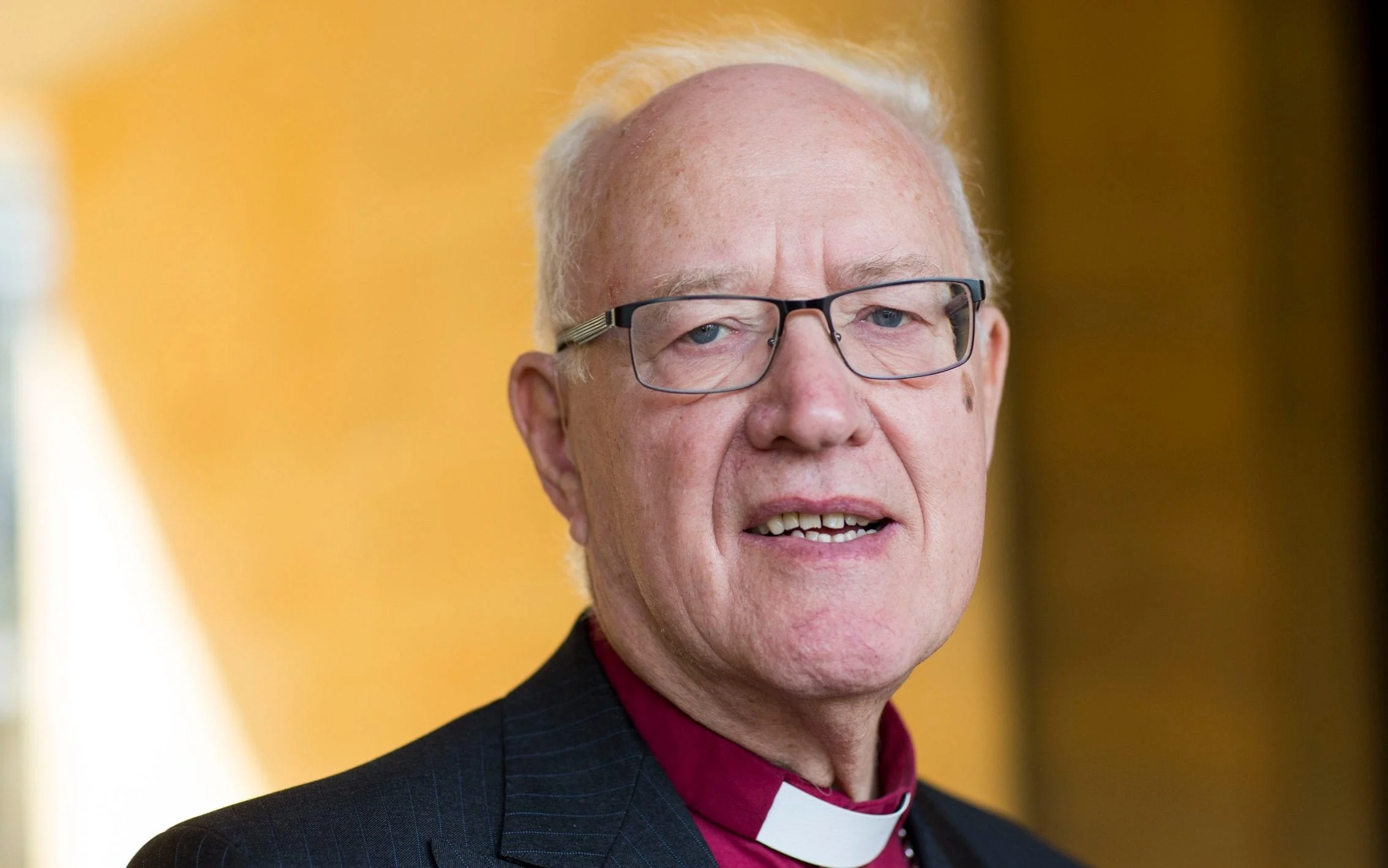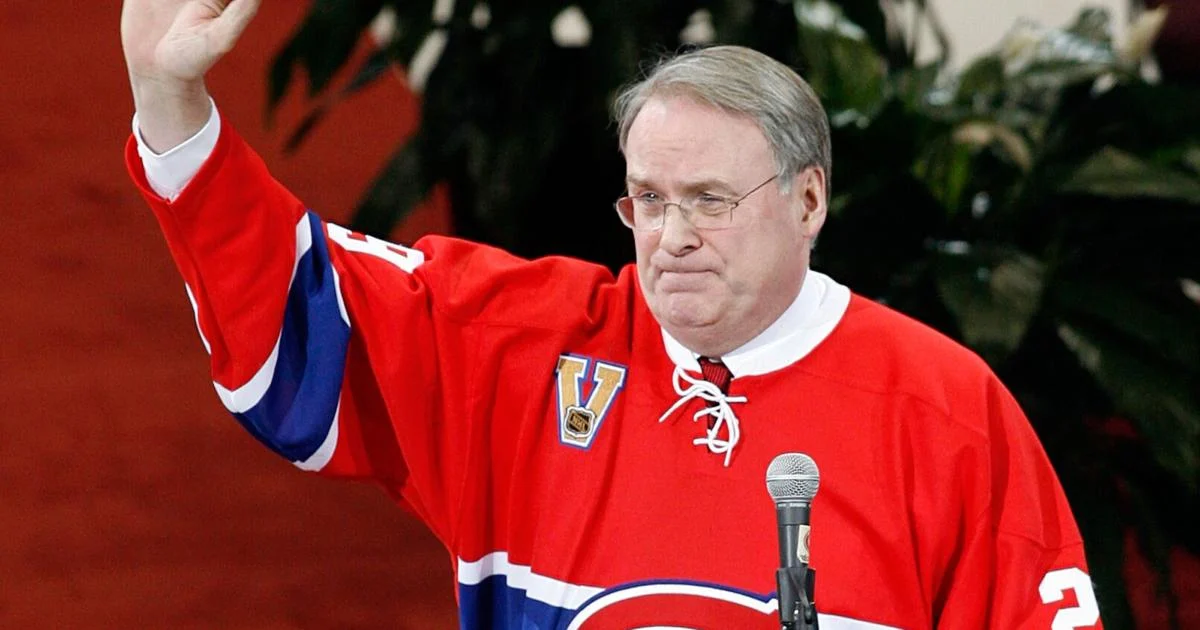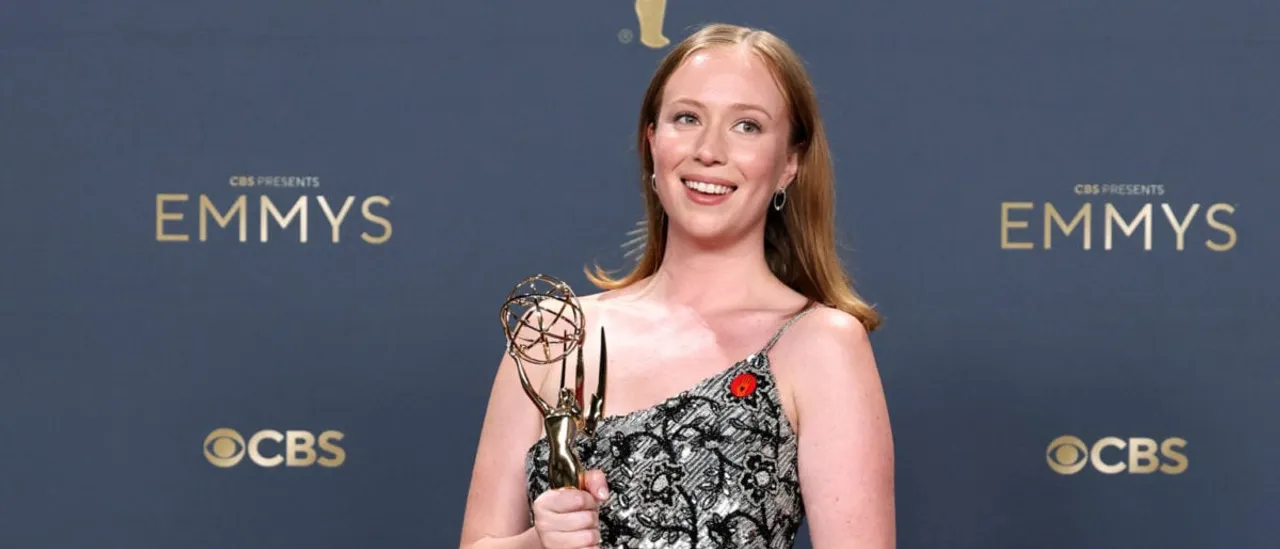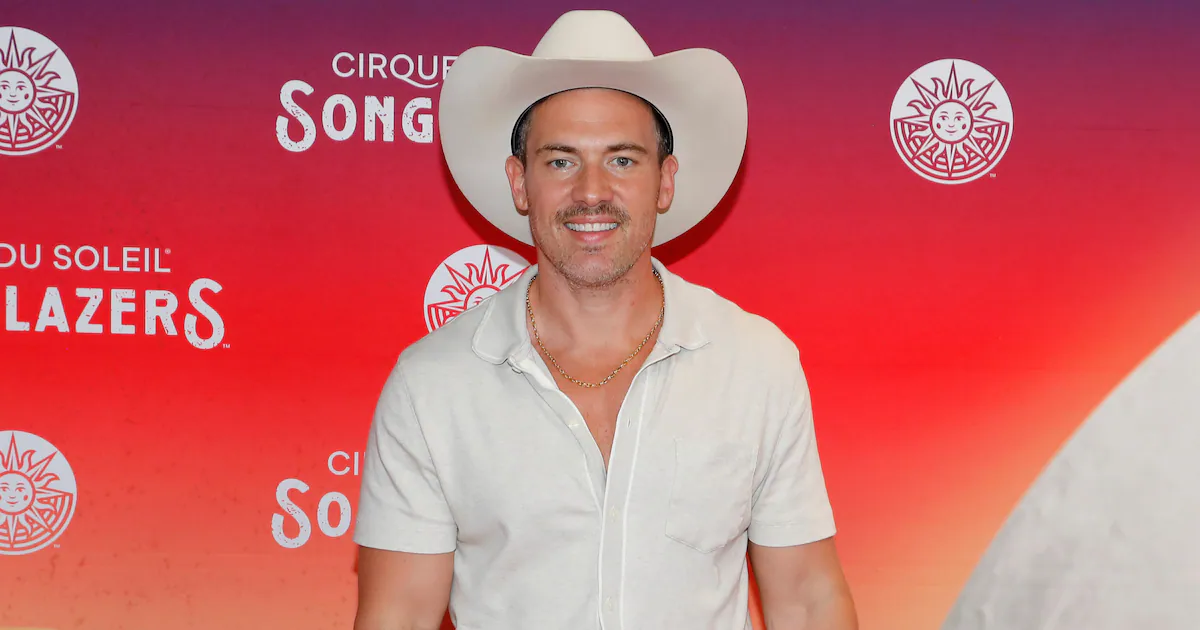By Gabriella Swerling
Copyright yahoo

The next archbishop of Canterbury should keep silent on migration, Lord Carey has said in an apparent attack on Justin Welby.
Lord Carey, a former archbishop, criticised Mr Welby for spending millions on reparations rather than parishes during his tenure, and said the Church risked losing its authority by commenting on divisive issues such as migration.
When asked about what advice he would give the incoming 106th archbishop of Canterbury, he said they should remember that “we squander our influence when we offer easy platitudes” and “you are not alone and are not expected to be the saviour of the Church of England”.
In an interview with The Telegraph, Lord Carey said that the incoming archbishop should maintain a “judicious silence” on specific policies, because the Church had “no more expertise than anyone when it comes to the ins and outs of how we handle migration, for example”.
His comments will be seen as a criticism of Mr Welby’s specific intervention on the subject.
The new archbishop is expected to be announced next week. The post has remained empty since Mr Welby resigned in November following a damning report into his handling of the worst abuse scandal in the history of the Church of England.
During his tenure, Mr Welby faced repeated criticism for interfering in matters of state, particularly on the subject of migration and his attacks on the previous government’s Rwanda policy.
Lord Carey, a cross-bench peer, was the 103rd archbishop of Canterbury from 1991 to 2002.
He was succeeded by Baron Rowan Williams of Oystermouth, who stayed in post until 2012.
Regarding his advice for the next archbishop, Lord Carey said: “I hesitate to give the next archbishop any advice at all except for this. You are not alone and are not expected to be the saviour of the Church of England.
“Only the good Lord can do that. You are here to lead a team of bishops, clergy and laity – to encourage them, empower them and back them to the hilt.
“I hesitate to comment on the balance struck on commenting on politics because I’m sure that I did not always get it right. But there needs to be a judicious silence from the Church on specific policies.
“The Church has no more expertise than anyone when it comes to the ins and outs of how we handle migration, for example. We squander our influence when we offer easy platitudes.
“Yet interventions can have considerable authority when Church leaders comment from clear Christian moral principles in more general terms.
“If there is one thing that the Church of England needs now from all of its leaders is a renewed focus on putting its mission to the nation first.
“That starts in every parish. The Church is not about the hierarchy it is about the people.
“We have been without an archbishop of Canterbury since January and the Church has survived – no one is indispensable.
“That is a salutary and reassuring message for the next archbishop to hear. The difference they can make is to lead the church forward in unity and in mission. That will do.”
He said that the next appointment will be “critical” because “the last year or so have not been kind to the Church of England”.
“The task before the next archbishop of Canterbury will be very demanding – he/she must unite the House of Bishops and focus on their common task to serve the nation and lead the Church.
“The true glory of the Church of England is the parish ministry with our wonderful cathedrals and parish churches.
“For too long, they – and the faithful priests who serve there – have been neglected. The last archbishop of Canterbury gave millions towards historic reparations, money that should have gone to support parish ministry. Our clergy are woefully and disgracefully underpaid.
“In recent years, the Church’s concept of mission has been lost and must be rediscovered, rethought and embraced,” he said.
Issues facing Church
The Church of England is currently facing a series of controversies and internal divisions, with the incoming archbishop having to deal with how the institution navigates its response to same-sex couples and sexuality, safeguarding, political intervention and the role of the Church in an increasingly secular world.
Mr Welby’s resignation marked an unprecedented moment in the Church of England’s history.
He left his post over the institution’s handling of the sadistic abuser, John Smyth, an evangelical Christian who a damning independent review found had perpetrated brutal sexual, physical and mental abuse against more than 120 boys and young men since the late 1970s, many of whom he met at Christian summer camps.
The review also found that Smyth’s “abhorrent abuse” could have been exposed four years earlier if Welby had contacted the authorities.
Prior to his resignation, he drew repeated criticism for speaking out on political and social issues.
He was particularly vocal in his opposition to the previous Conservative government’s Rwanda deportation scheme, later cancelled.
In his 2022 Easter sermon, Mr Welby criticised the plans for going against Christian values, adding that it raised “serious ethical questions” which cannot “stand the judgment of God”.
Last year, when the policy was scrapped, he described it as a “welcome decision”. MPs had accused him of “misguided moralising” after leading the attack on the Rwanda deal.
At the time, then prime minister Boris Johnson is reported to have accused Mr Welby of being “less vociferous” in criticism of the Russian leader than the government over the controversial refugee proposal.
Mr Welby hit back at claims that the Church should not interfere in matters of state, after the former prime minister said he had “misconstrued” the government’s plan to send migrants to Rwanda if they arrive in the UK illegally, claiming the clergy should be condemning Vladimir Putin instead.
In his rebuttal, the former archbishop insisted that the Church was not a “passive observer of migration policy”.
However, this was not his first intervention. In September 2020, Mr Welby used a Telegraph article to denounce the prime minister for “determining the daily details of our lives” by imposing a “rule of six” on household mixing.
In December 2021, he also waded into the “partygate” scandal and said political leaders must “put their hands up” and “acknowledge where things have gone wrong”, as he spoke of his “disappointment” over gatherings in Downing Street during lockdown.
He also criticised the two-child benefit cap, and said in May last year that the cap was “neither moral nor necessary” and “falls short of our values as a society”.
According to the results of a poll last week, the public believes that the next archbishop of Canterbury should talk less about politics.
Ipsos polling suggested that 28 per cent of respondents want the next archbishop to talk less about political topics, with a quarter adding that it is unacceptable for them to talk about immigration and asylum.
Mr Welby was also repeatedly accused of neglecting parishes. Many smaller parishes claim they are struggling to survive and will be forced to close their churches amid dwindling finances and congregations, which, in some cases, have no vicar at the helm.
This comes after a leaked Church paper in 2022 on the future of ministry warned that God was calling the Church to “embrace significant change” – which included a reduction in the number of dioceses.
‘Money better spent on ministry’
Last year, under Mr Welby, the Church announced its plans to create a £1bn fund, from the £100m already pledged, to address its historic involvement in the transatlantic slave trade in order to reflect the scale of “moral sin”.
Lord Carey warned that some of the millions of pounds spent addressing reparations should have instead been spent on supporting struggling parish ministry.
He added that when he received the phone call from the prime minister’s appointment secretary in 1991 informing him that he had been chosen as the archbishop, he was “shocked… to the extent that I was unsure whether to accept it”.
“There was a feeling of impostor syndrome,” he added.
“Being archbishop is not an isolated job of leadership – though it can feel lonely at times – you are the leader of the team and your job is much more about empowering your clergy colleagues than it is about ‘presiding’ over everyone.”
Mr Welby declined to comment.



